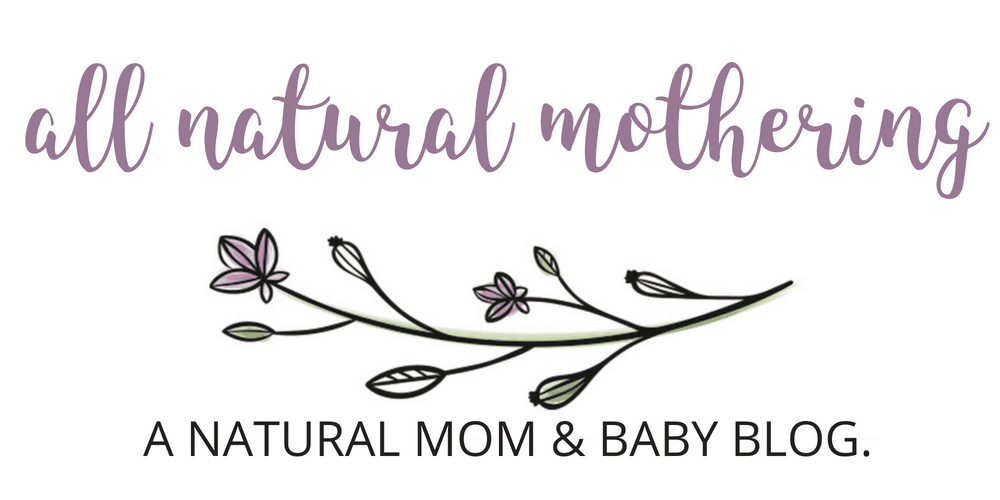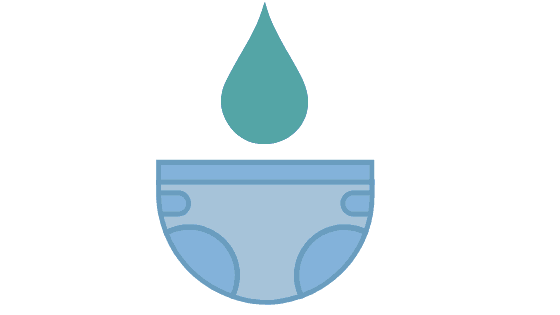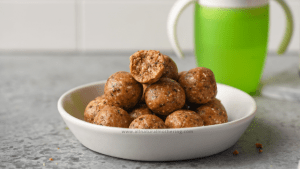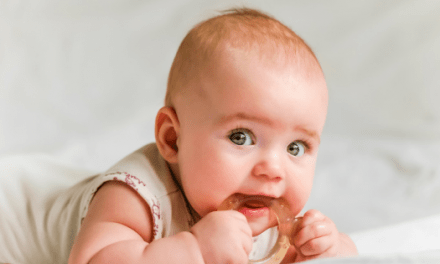A very common question that is posted a lot (next to What’s wrong with my wash routine) is Why do Cloth diapers leak?
There is also a common misconception that cloth diapers are supposed to leak. Hmm…No! Cloth diapers should not leak.
From my personal experience I have had more leaks from disposable diapers than with my cloth diapers.
There is always a reason to why your cloth diapers are not absorbing enough, once you get to the root cause, you can troubleshoot leaky cloth diapers easily.
3 Major Reasons Why Your Cloth Diapers May Be Leaking:
- Absorbency issues
- Cloth Diaper Fit issues
- Repelling Issue (due to mineral or detergent build up)
1.Absorbency Issues:
If you inspect the insert after a diaper change, what do you observe? Is the insert completely soaked? Do you have leaks immediately after a diaper change? It` can be because that your need absorbency in the diaper or you have not prepped the diaper fully.
Inserts Not Fully Prepped :
New Diapers and inserts made of natural fibers like cotton, hemp or bamboo should be fully prepped prior to using. These type of fabrics have naturally occurring oils in them that repels liquid.
Have you ever tried mixing oil with water? You can see oil droplets floating on the surface of the water. That’s very similar to what you will observe when your pour water over unprepped inserts.
You can get rid of the oils with washing multiple time. Some diapers like Smart Bottoms Organic 3.1 might take upto 10 washes to completely get rid of the oils. The diaper will reach its maximum absorbency after prep washes.
Compression Leaks:
Compression leaks are are common to microfiber inserts. If you have a microfiber dish cloth, try pressing the cloth with your fingers when its wet, you can see the water coming out.
When pressure applied to a fully saturated microfiber insert, like when the baby is sitting on your lap, or in a baby carrier, the urine can seep out of the insert. Many prefer microfiber inserts are they are the cheapest and they come with a lot of pocket diapers.
I always recommend recommend switching to natural fiber inserts once your baby is older. Cotton Prefolds or Flats are very inexpensive insert options which doesn’t cause compression leaks.
Newborn Diapers Leak:
Newborn are known to pee a lot, and forcefully. When there is a huge pool of pee , it doesn’t give the diaper any time to absorb all the pee inside. You may notice this happen a lot more when there is a fleece stay dry lining at the top of the diaper.
Fleece is a water resistant material and will not readily let water to pass through . This problem goes away when the baby gains weight and starts exerting some pressure on the diaper. Natural fibers do not have this problem so if your baby is happy with it, you can opt for natural fibers touching his skin.
Diapers Leaking at Night:
If you are experiencing leaks only with your night time diaper, then probably you just need a more absorbent diaper. Try adding a hemp or bamboo booster to your nigh time diaper.
If you think that you have a heavy wetter who floods the diaper , then you might want to consider a night time work horse diaper specifically designed for heavy wetters. Sloomb , HumBird are some famous brands popular for their heavy wetter approved fitted diapers.
Wool covers are are another great alternative to consider when you are struggling to find a night time solution.
A Fitted diaper + a Wool Cover = Good Bye Leaks!
Fit Issues:
Using a cloth diaper is not a rocket science but you do have to keep in mind three rules when changing a diaper
- Snug around the waist
- No gaps at the legs (even when they are sitting down)
- The leg elastics should sit where an underwear would sit.
- Higher in the waist. I always adjust the diapers to line up with baby’s belly button.
- Waist and leg elastics tucked in.
Here is how I will identify if there is a fit issue is causing leaks :
If I get leaks from the legs, I will check to see if the leg elastics are snug and ensure there is no gap around the thighs. Check to see if there are any cloth diaper fabric peeping out and tuck in Prefolds or elastics.
If I get leaks from the waist, I will check to see if the waist is loose. In some cases, adjusting the rise snaps will result in a proper fit.
If I notice diaper cover leaking through the stitching, that tells me that the PUL is not completely sealed. If its a new diaper, I will get in touch with the manufacturer to let them know of this issue. You can even toss the diaper in the dryer once to seal the PUL ( but contact the manufacture first!)
Tight Clothes:
Sometimes a tight fitting pant or an onesie can get in between the leg or waist and cause wicking . Size up on your baby’s clothes if you want to fit over a fluffy butt and prevent leaks.
If you are using an onesie, then I would only button the middle one and leave the other two open. Or you can buy an onesie extender, like this one.
Repelling Issues:
When your cloth diapers are repelling liquid instead of absorbing them, we have a slightly bigger problem. It takes some time to fix repelling issues.
Mineral/ Detergent Build Up:
The repelling can be a long term effect of not using enough detergent (or using more) ,not rinsing them well or due to washing in hard water.
The repelling can also be due to using non cloth safe diaper creams on your baby. Many commercial diaper creams contain petroleum that can sit as a oily layer over the diapers repelling liquids.
Whatever may be the reason, it can be fixed, your diapers are not ruined. Stripping is an efficient process to eliminate any odor or build up issues. Here is a complete guide on how to strip cloth diapers safely.
Let’s Wrap Up:
See, cloth diaper leaks are not a big mystery. They are very straight forward to figure out and fix. Start with checking the fit of the diaper, and then move on to see if there is absorbency issues. If your cloth diapers suddenly started to leak, dig deep to see if they need a good strip.
If this article does not answer all of your questions, fell free to post a comment and I will respond to you.
Does your diapers leak or stink time to time? It could be of your wash routine. Download my free e-book and a printable below to understand the basics on how to wash cloth diapers.













